by IMAM QARI ASIM MBE
Chair of the Mosques and Imams National Advisory Board
INTERNATIONAL WOMEN’S DAY (8) always serves as an important and poignant reminder of the many challenges women across the world still face today, ranging from inequality in education and at work, to oppression, abuse and violence at different stages of their lives.
Staggering statistics tell us that a third of all wo men experience physical or sexual violence in their lifetime, and violence against young girls and women remains a serious a cause of death.
There is an urgent need to break the cycle of in equality, harassment and violence against women, by challenging misogynistic behaviour and regres sive cultural practices. Practices which still exist in Britain today, and have been highlighted through movements such as Me Too, the gender pay gap and figures that show women are still more likely to be victims of domestic violence than men.
Sadly, it is still Muslim women who are subjected to some of the worst discrimination and are more likely to be victims of Islamophobia. There are too many stories of those who have been spat at in the street or had their headscarves aggressively pulled off; a violation of both their rights and freedoms.
And then there are the experiences within our religious communities. Islam grants women, as it does men, fundamental rights to life, property, and opinion, and has done so for more than 14 centuries. However, it cannot be denied that despite this, they have had to fight for dignity every step of the way.
From domestic violence and honour based kill ings to forced marriage and sexual abuse, in some communities, the lived experience of some Muslim women can be difficult. Islam explicitly teaches that this is not acceptable, and now there is a duty for Islamic religious leadership to stand up against misuse of their faith.
Extremist groups such as Daesh and Boko Har am have sought to subjugate women or deny them fundamental human, as well as Islamic, rights. We have all heard the horrifying stories of women being repeatedly raped by Daesh fighters while their babies were crying. Whether it is victims of Daesh or young vulnerable girls becoming victims of sexual grooming in British cities and towns, such inhu mane behaviour must be called out.
The UK government’s Preventing Sexual Violence Initiative (PSVI) has been an encouraging step to prevent and raise the issue of the extreme consequences of sexual violence in conflict areas. Later this year, I will support the PSVI international conference, which will urge faith and belief leaders to stand up for justice, and against oppression and violence against women, and to dismantle any harmful interpretations of faiths or beliefs.
As a religious leader, I refuse to stand by and re main silent while such narratives either dictate that Islam supposedly oppresses women while denying them their rights, or subject women to violence or abuse in the name of Islam.
Muslims must work to protect and stand up for women’s rights, whether in traditional tribal communities or in modern society.
There is still work to do in the UK. We all have a duty to ensure that our young women are empowered, that they recognise their identity as both Muslim and British, and that we do everything to safeguard them from grooming and radicalisation. As in the case of Shamima Begum, who was radi calised and left her home in London to fight for Daesh’s failing state at the age of just 15.
As an example of initiatives that are already de livering this, the Mosques & Imams National Advisory Board (MINAB) is collaborating with mosques across the country to create a culture in places of worship where everyone feels like they belong and their experiences are enriched by their engage ment with their local mosque.
MINAB is also currently training more than 30 women who are already working in mosques to increase diversity in leadership and engagement of our mosques. The lack of involvement of women in religious and community institutions in particular, and third-sector organisations in general is not acceptable. The decision makers must reflect the communities that they serve in order to effectively engage their communities.
Encouragingly, the tide is changing in our societies and there are greater calls for equality, but there is more still to do. It is time for women to be treated fairly and with dignity. That is why many mosques across the country dedicated their Friday sermons on March 8, International Women’s Day, to raise awareness about bias, prejudice, discrimination and abuse. Together we can work for a more equal society #BalanceforBetter.





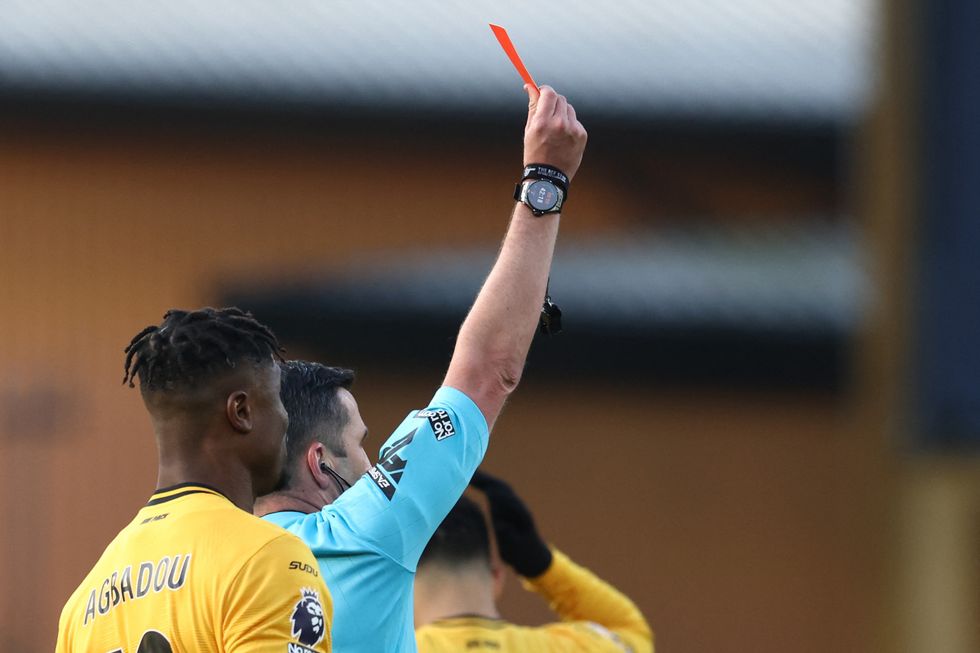












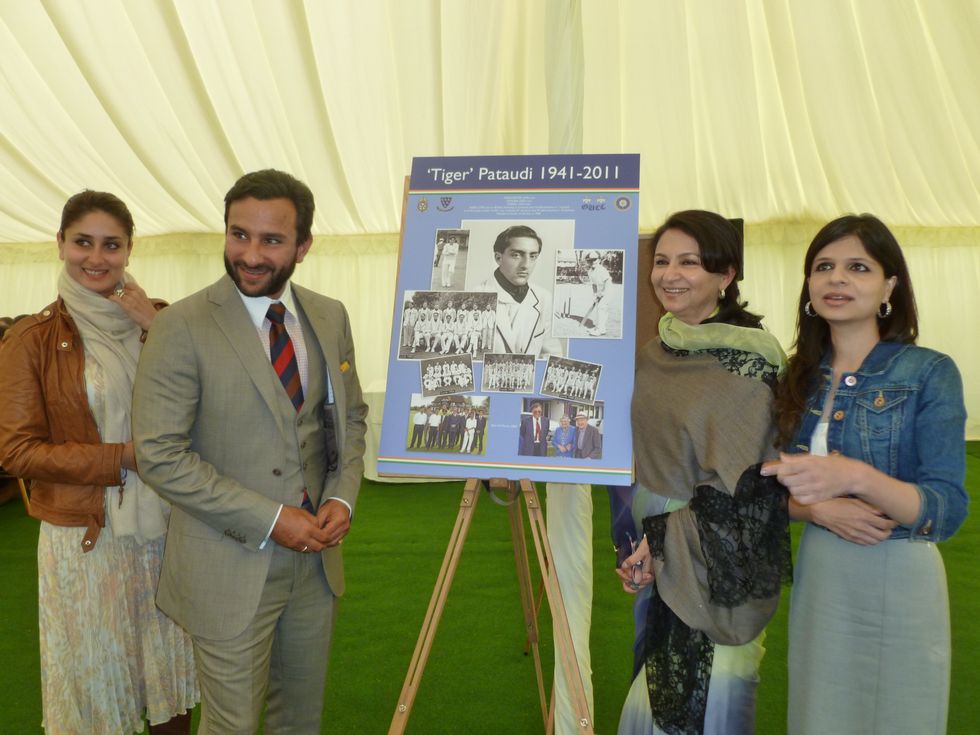 The actor with Kareena Kapoor, Sharmila Tagore and Saba Ali Khan
The actor with Kareena Kapoor, Sharmila Tagore and Saba Ali Khan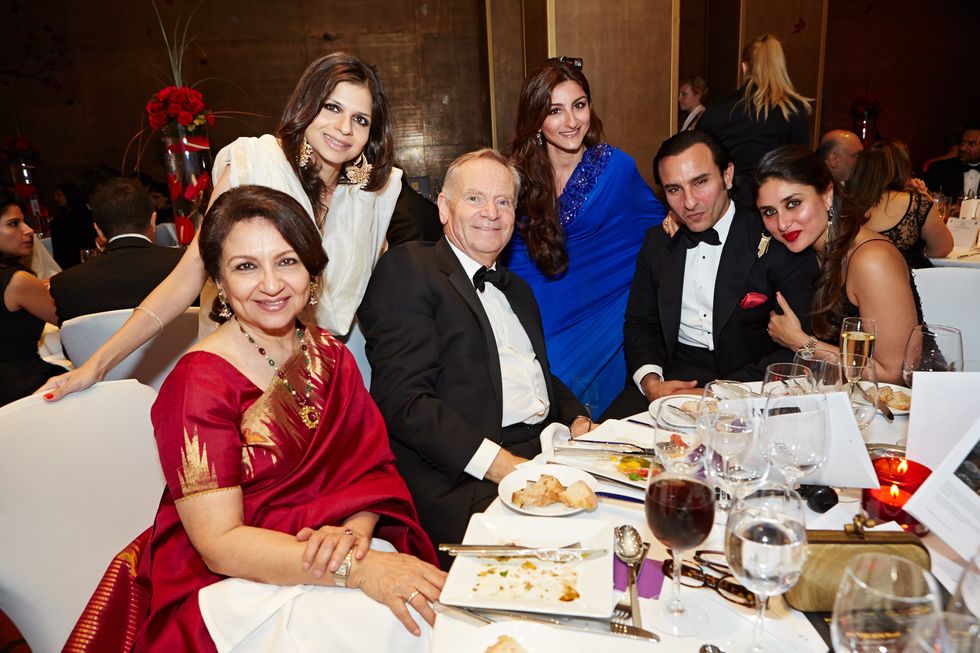 Sharmila Tagore, Saba Ali Khan, Lord Jeffrey Archer, Soha Ali Khan, Saif Ali Khan and Kareena Kapoor at a 2013 event
Sharmila Tagore, Saba Ali Khan, Lord Jeffrey Archer, Soha Ali Khan, Saif Ali Khan and Kareena Kapoor at a 2013 event Saif's father, Nawab of Pataudi, Mansur Ali Khan
Saif's father, Nawab of Pataudi, Mansur Ali Khan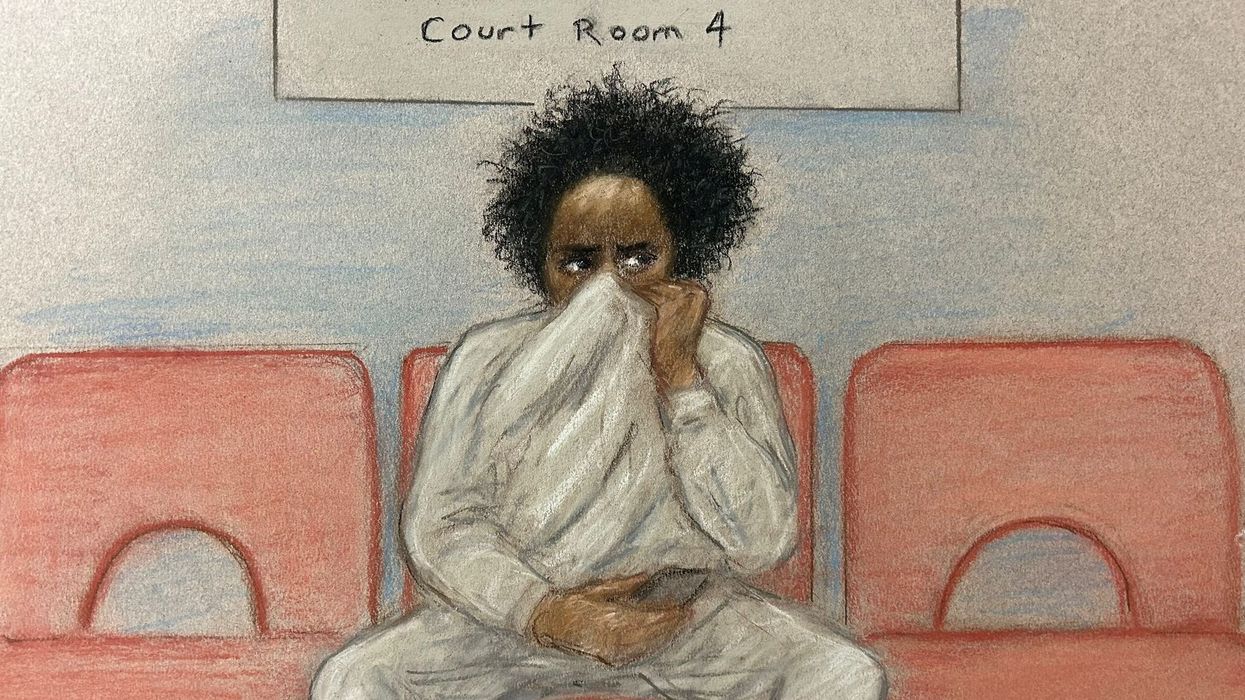
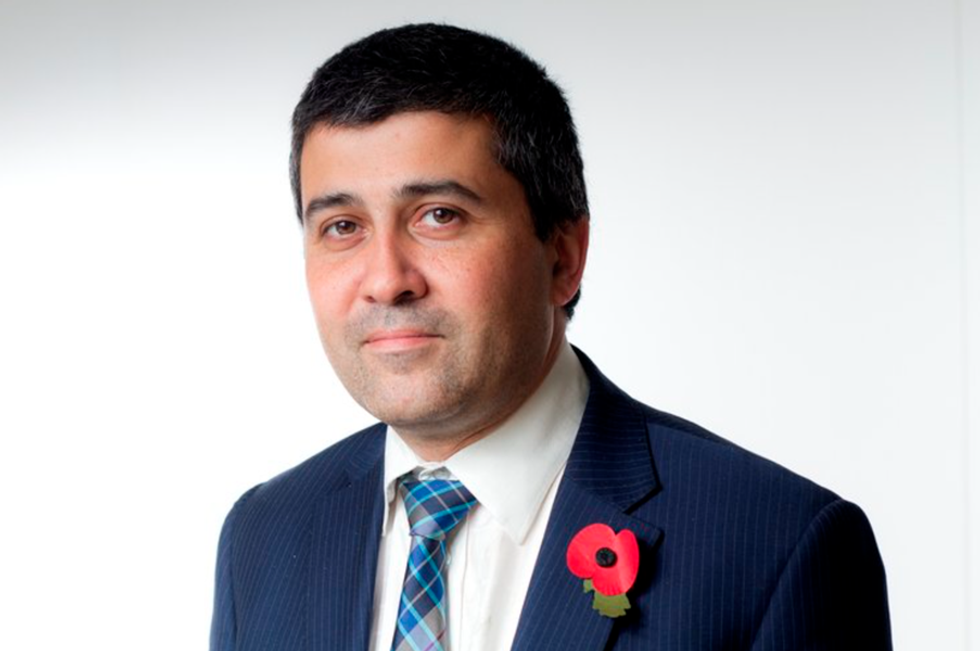

 Farhan Khan
Farhan Khan Laapataa Ladies
Laapataa Ladies 
 the Nigel Farage Private Eye cover
the Nigel Farage Private Eye cover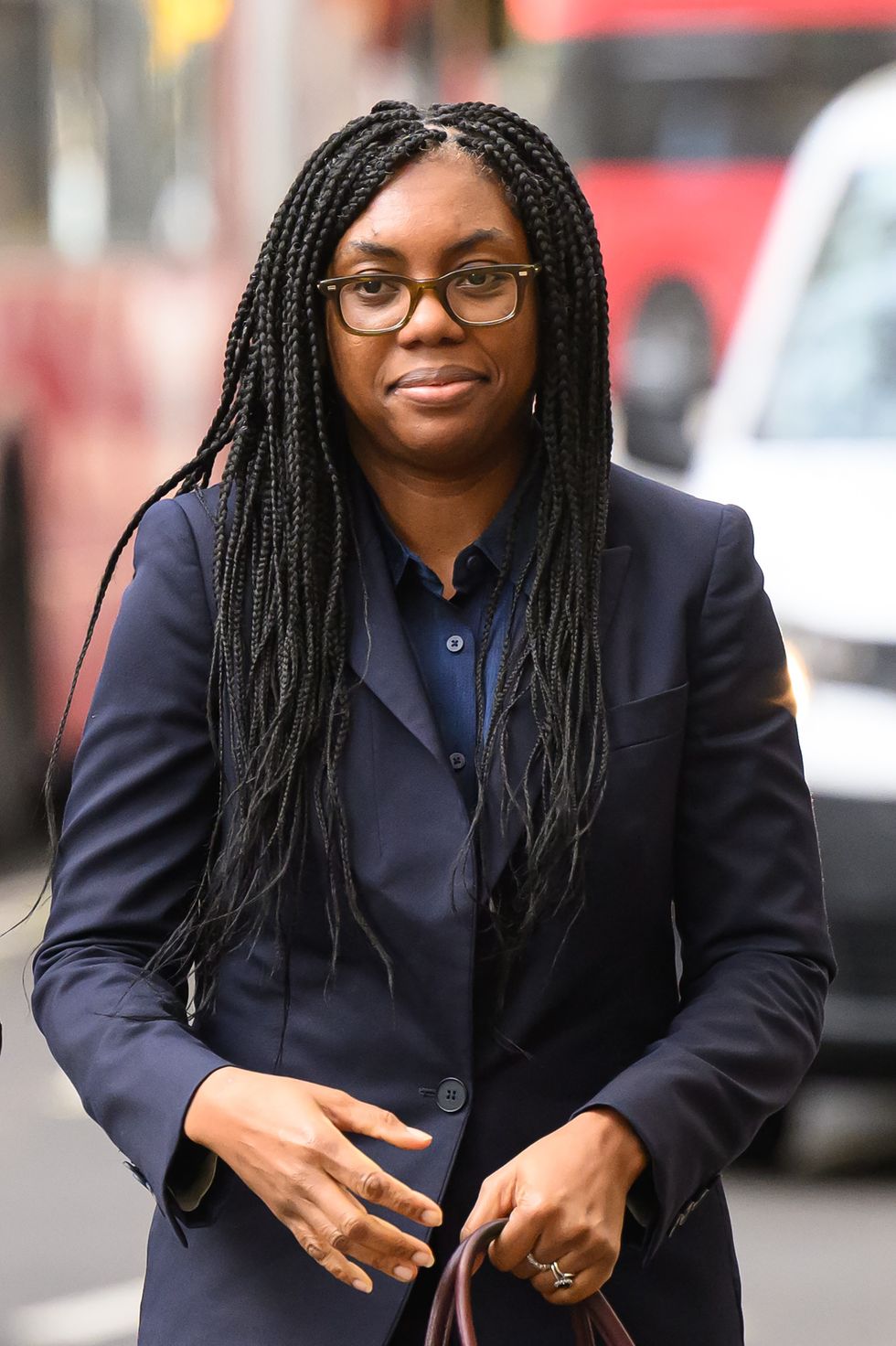 Kemi Badenoch
Kemi Badenoch